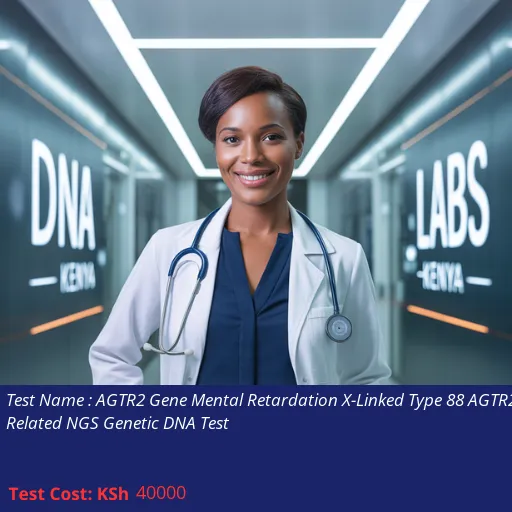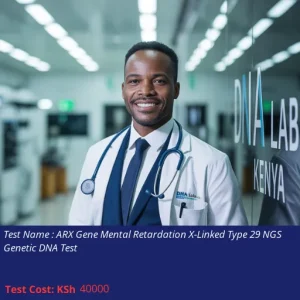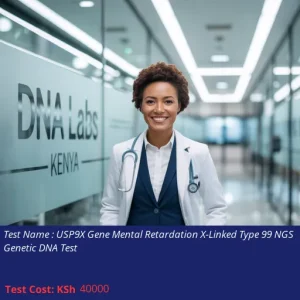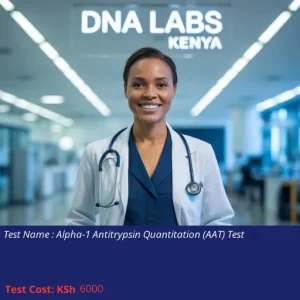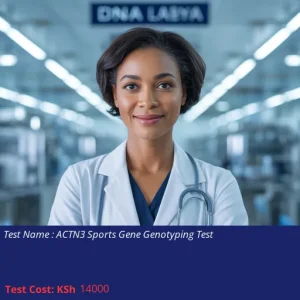AGTR2 Gene Mental Retardation X-Linked Type 88 AGTR2 Related NGS Genetic DNA Test
Introduction
The AGTR2 Gene Mental Retardation X-Linked Type 88 AGTR2 Related NGS Genetic DNA Test is a cutting-edge diagnostic tool that utilizes Next-Generation Sequencing (NGS) technology to identify genetic mutations associated with neurological disorders. This test plays a crucial role in understanding the genetic basis of mental retardation linked to the AGTR2 gene, facilitating early diagnosis and intervention.
What the Test Measures
This genetic test specifically measures alterations in the AGTR2 gene, which can lead to X-linked mental retardation. By analyzing the DNA, healthcare providers can determine if the individual carries mutations that may contribute to neurological disorders.
Who Should Consider This Test?
This test is recommended for:
- Individuals with a family history of AGTR2-related genetic disorders.
- Patients exhibiting symptoms of mental retardation or developmental delays.
- Those with a neurological disorder of unknown origin.
Benefits of Taking the Test
- Early diagnosis and management of potential neurological disorders.
- Informed family planning through genetic counseling.
- Understanding the genetic basis of symptoms, leading to tailored treatment options.
Understanding Your Results
Results from the AGTR2 Gene Mental Retardation X-Linked Type 88 test will indicate whether any mutations are present in the AGTR2 gene. A genetic counseling session is recommended to help interpret the results and discuss potential implications for the patient and family.
Test Pricing
| Test Name | Discount Price | Regular Price |
|---|---|---|
| AGTR2 Gene Mental Retardation X-Linked Type 88 NGS Genetic DNA Test | 40,000 KSh | 56,000 KSh |
Branches Across Kenya
We have branches in all major cities across Kenya and offer home sample collection services for your convenience. To book the AGTR2 Gene Mental Retardation X-Linked Type 88 AGTR2 Related NGS Genetic DNA Test, please call or WhatsApp us at +254746286171.
Turnaround time for results is approximately 3 to 4 weeks, and we recommend preparing for the test with a clinical history of the patient and a genetic counseling session to draw a pedigree chart of affected family members.

